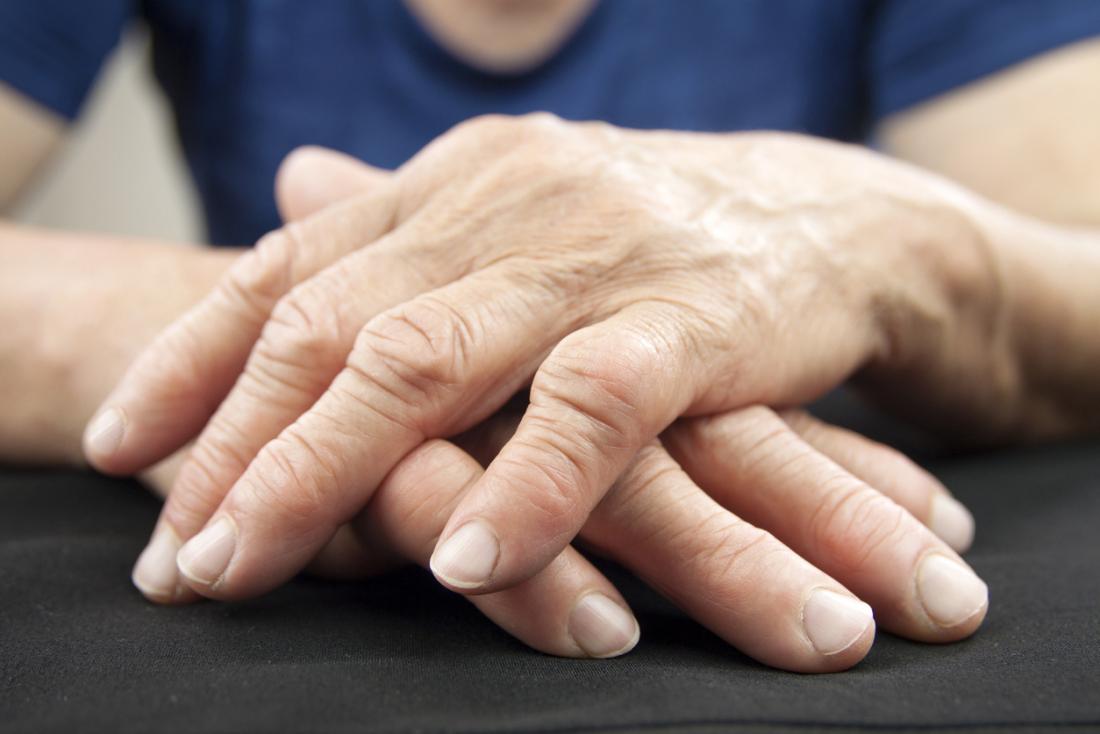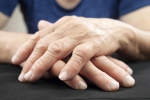
There is no known cure for arthritis. In fact, most treatments for arthritis are aimed at early recognition and prevention. Genetics can increase your likelihood of developing arthritis, as can a strong family history of the disease. Women are also more prone to arthritis than men.
You may try to prevent arthritis and still develop the disease. However, you can take actions to reduce your risk:
- Maintain a healthy weight. This can help to fight off OA.
- Don’t smoke, or quit smoking. This may reduce your chance of developing RA.
- Try to avoid injury when playing sports or participating in recreational activities.
- If your job requires a lot of pushing, pulling, or lifting of heavy objects, take precautions to avoid injury to your joints.
- If your job calls for a lot of typing, practice good posture. If necessary, get a special keyboard, wrist cushion, or pad.
More tips for your hands
Moving your hands and fingers can help keep your ligaments and tendons flexible and increase the function of synovial fluid. Try regular hand exercises to strengthen muscles and relieve stiffness and pain. Simple exercises like flexing and bending, finger touching, and finger sliding may help keep your fingers limber.
Staying physically active while at the same time taking extra precautions against injury is vital not only for preventing arthritis but also for your overall physical health.
Diagnosing arthritis
Arthritis can be difficult to diagnose. Talk to your doctor if you begin to experience any of the symptoms.
Your doctor will look at your hands and joints, and check for tenderness. Your doctor will also look for any pain or swelling, or any other damage. They may send you to a rheumatologist, a doctor specializing in arthritis and other conditions of the muscles and joints.
This specialist will ask questions about your and your family’s medical history, your daily activities, and your job. They’ll also give you a physical exam. They may also recommend blood tests, X-rays, and other imaging tests, which can often help to determine the level of inflammation.
Treating arthritis
According to the Arthritis Foundation, many doctors feel that aggressive treatment is needed early on, or within the “window of opportunity.” This window of opportunity is two years after the initial onset of the disease, and many doctors aim for six months.
Arthritis is a debilitating disease, and early detection is key. Treatment varies with the type of arthritis. Certain medications help ease pain and inflammation. These include nonsteroidal anti-inflammatory drugs, or NSAIDs, such as ibuprofen (Advil) or indomethacin (Tivorbex). If you have RA, your doctor may prescribe medications that decrease inflammation by suppressing your immune response.
In extreme cases, surgery may be necessary to correct or alleviate certain problems, especially if arthritis is causing major limitations in your life.
Staying active, eating a healthy and balanced diet, and getting plenty of sleep are simple ways to manage your arthritis. Make sure to take breaks when doing strenuous or repetitive activities. Figure out the activities that cause your arthritis to flare up, and learn the best way to manage your pain.
If you do have pain in your hands, you might try using assistive devices, which are designed to take the pressure off your joints. Examples include special jar openers and gripping devices.
When arthritis strikes, it doesn’t discriminate. The Arthritis Foundation estimates that by the year 2040, 78 million people will have arthritis. With such staggering figures, it’s important that you’re aware of the dangers of arthritis and, more importantly, the causes and symptoms. If you begin to experience any symptoms, see a doctor. When it comes to getting ahead of arthritis, early detection is the best detection.
Precision Pain Care and Rehabilitation has two convenient locations in the Richmond Hill – Queens and New Hyde Park – Long Island. Call the Richmond Hill office at (718) 215-1888, or (516) 419-4480 for Long Island office, to arrange an appointment with our Interventional Pain Management Specialist, Dr. Jeffrey Chacko.













